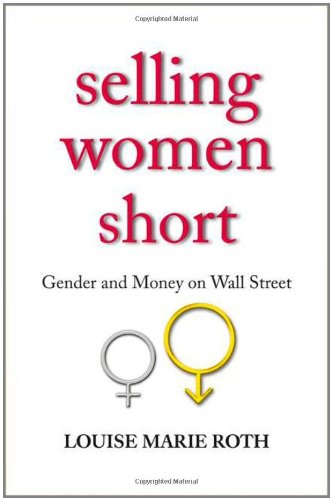

Most ebook files are in PDF format, so you can easily read them using various software such as Foxit Reader or directly on the Google Chrome browser.
Some ebook files are released by publishers in other formats such as .awz, .mobi, .epub, .fb2, etc. You may need to install specific software to read these formats on mobile/PC, such as Calibre.
Please read the tutorial at this link: https://ebookbell.com/faq
We offer FREE conversion to the popular formats you request; however, this may take some time. Therefore, right after payment, please email us, and we will try to provide the service as quickly as possible.
For some exceptional file formats or broken links (if any), please refrain from opening any disputes. Instead, email us first, and we will try to assist within a maximum of 6 hours.
EbookBell Team

5.0
38 reviewsRocked by a flurry of high-profile sex discrimination lawsuits in the 1990s, Wall Street was supposed to have cleaned up its act. It hasn't. Selling Women Short is a powerful new indictment of how America's financial capital has swept enduring discriminatory practices under the rug.
Wall Street is supposed to be a citadel of pure economics, paying for performance and evaluating performance objectively. People with similar qualifications and performance should receive similar pay, regardless of gender. They don't. Comparing the experiences of men and women who began their careers on Wall Street in the late 1990s, Louise Roth finds not only that women earn an average of 29 percent less but also that they are shunted into less lucrative career paths, are not promoted, and are denied the best clients.
Selling Women Short reveals the subtle structural discrimination that occurs when the unconscious biases of managers, coworkers, and clients influence performance evaluations, work distribution, and pay. In their own words, Wall Street workers describe how factors such as the preference to associate with those of the same gender contribute to systematic inequality.
Revealing how the very systems that Wall Street established ostensibly to combat discrimination promote inequality, Selling Women Short closes with Roth's frank advice on how to tackle the problem, from introducing more tangible performance criteria to curbing gender-stereotypical client entertaining activities. Above all, firms could stop pretending that market forces lead to fair and unbiased outcomes. They don't.